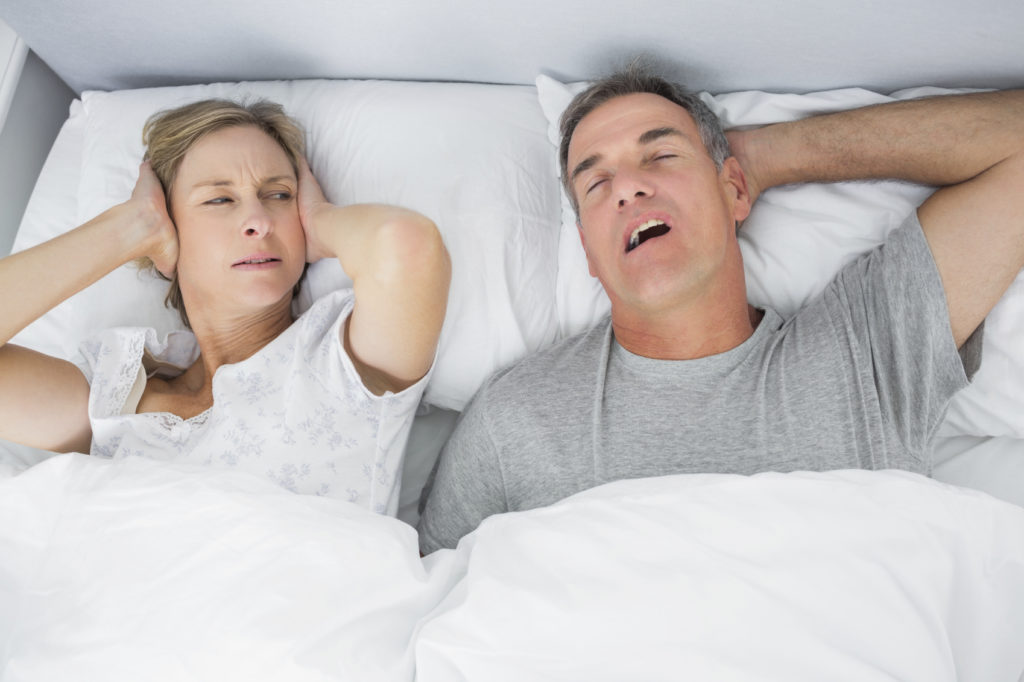
Hormones control the rhythms of the human body. Have you heard of a circadian rhythm? This refers to your wake and sleep cycle. No wonder then that your thyroid gland, which produces thyroid hormones, can be linked to sleep issues. In fact, your thyroid could be to blame for sleep apnea in DuPont. Read on to learn about thyroid dysfunctions and sleep problems.
Hypothyroidism
This is a medical condition that refers to the inadequate secretion of thyroid hormones from your thyroid, a butterfly shaped gland in the front area of your neck. Symptoms of hypothyroidism include sensitivity to cold, dry skin, brittle nails, hair loss, weight gain, irritability, sexual dysfunction and a slow heart rate. There are some other symptoms, and not all need to be present for a diagnosis of hypothyroidism.
Hyperthyroidism
Opposing hypothyroidism is hyperthyroidism, which is when your thyroid gland produces too much hormone. Nodules or a thyroid goiter, Grave’s disease or thyroiditis may cause hyperthyroidism.
Symptoms of hyperthyroidism are:
- Excess sweating
- Heat intolerance
- Pronounced hunger
- Unexplained weight loss
- Irritability
- Nervousness
- Abnormal heart rhythm
- Fatigue
- Protruding eyes
- Hair loss
- Tremors
Once again, there are a few other symptoms and not all must be experienced for hyperthyroidism to be present.
Hypothyroidism and Sleep Apnea
Research studies have found a link between hypothyroidism and sleep apnea. The condition may cause changes in the upper airway that could lead to trouble breathing during sleep.
Hypothyroidism may also damage nerves and muscles that play a role in breathing. Furthermore, because weight gain is a symptom of hypothyroidism, this may also be a contributing factor of obstructive sleep apnea where fatty tissue in the neck can block your airway.
Treating Hypothyroidism and Sleep Apnea
To treat hypothyroidism, a thyroid hormone replacement is often prescribed. For many years, obstructive sleep apnea was treated with a CPAP machine to keep your airway open with forced air. Nowadays, however, there are oral appliances that often work just as well and are significantly more comfortable and easier to manage.
The appliance is made of clear, smooth plastic and fits comfortably in your mouth in order to move your lower jaw forward just a bit. This small movement helps to keep your airway unblocked so you can breathe freely while you sleep.
You should see your family physician if you are experiencing any of the symptoms of hypothyroidism or hyperthyroidism. A simple blood test can usually deliver the diagnosis. To treat sleep apnea in DuPont, call a dentist todayto schedule an evaluation.
Say Hello to Dupont Family Dentistry
At Dupont Family Dentistry, our team works hard to provide all of the services our patients need to have a healthy mouth and a healthy body. If you feel fatigued and you are noticing any of the other symptoms mentioned above, make an appointment todaywith your dentist in DuPont to find out if you need an oral appliance to treat sleep apnea.
